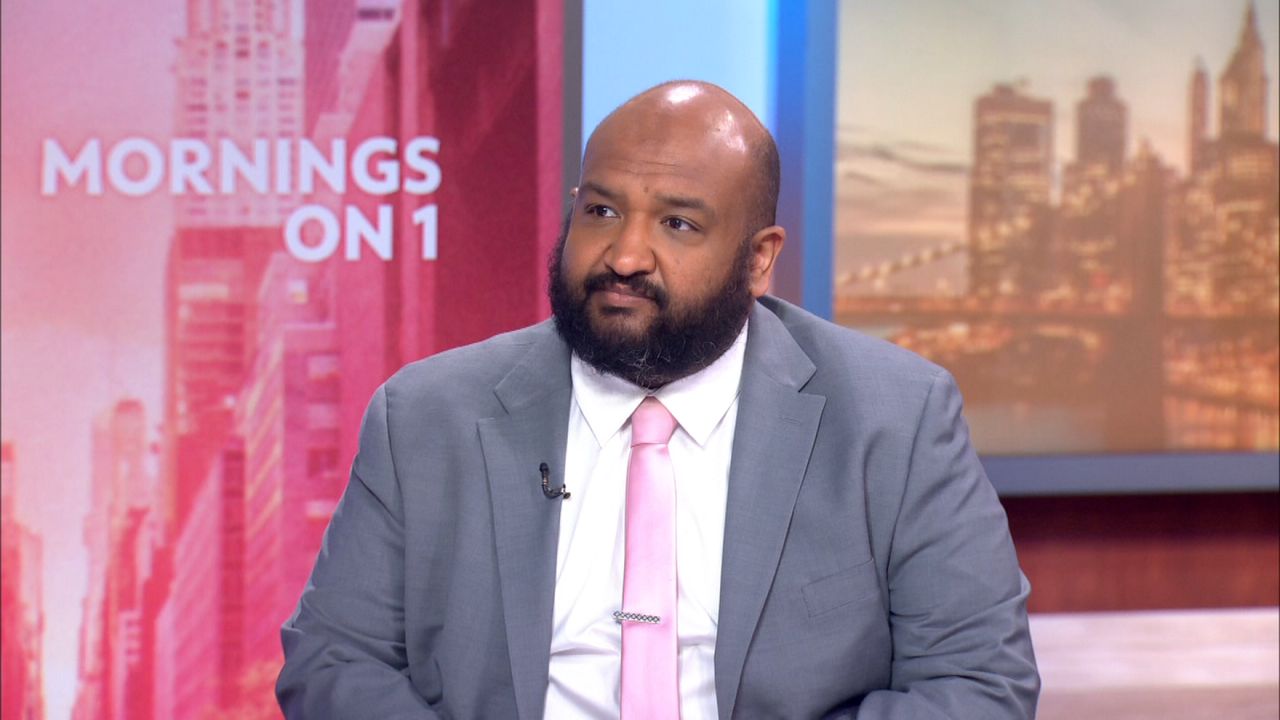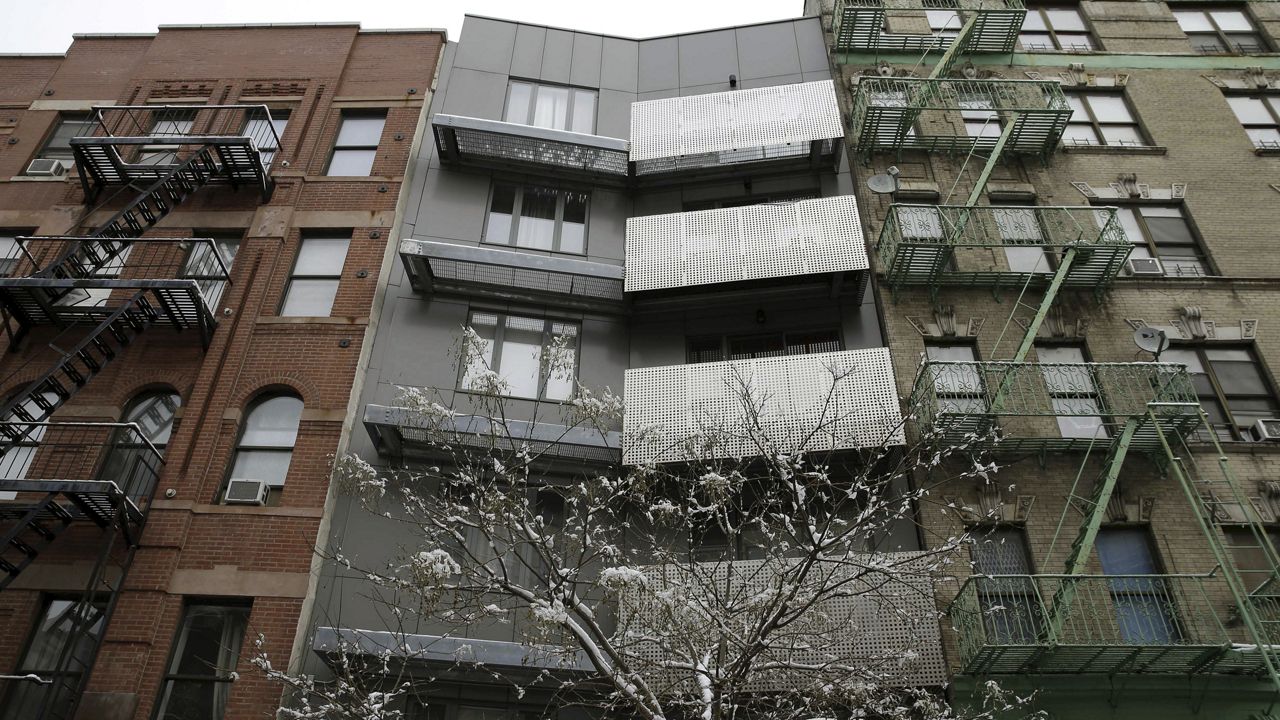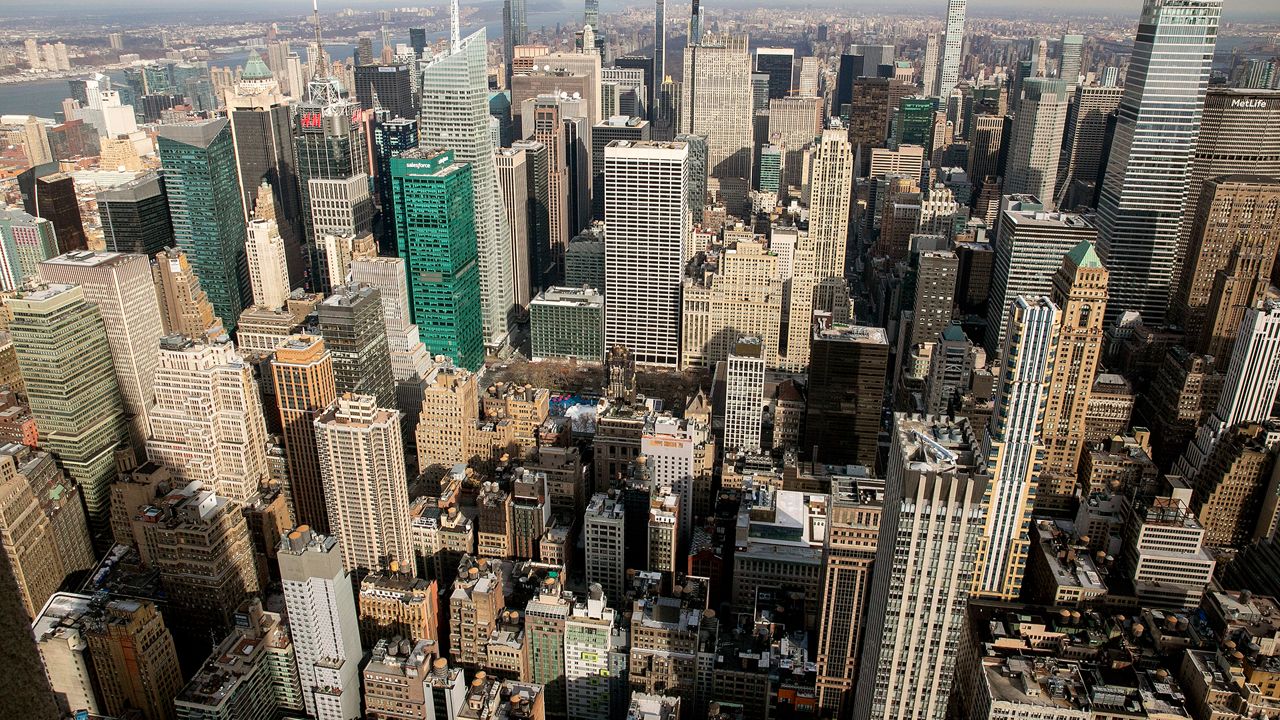The Rent Guidelines Board on Monday voted to approve hikes for New York City's approximately 1 million rent-stabilized apartments, paving the way for increases starting this fall.
The nine-member panel voted in favor of 2.75% increases for one-year leases and 5.25% increases for two-year leases.
The approved hikes will apply to rent-stabilized leases starting on or after Oct. 1. The board had been considering hikes of 2% to 4.5% for one-year leases and 4% to 6.5% for two-year leases.
Following the board’s preliminary vote in April, Mayor Eric Adams urged its members not to set increases at the high ends of those ranges, saying a 6.5% hike would go “far beyond what is reasonable to ask tenants to take on at this time.”
In response to the vote, Adams said when the increases were released last month, it was clear that high proposed rent increases were “untenable.”
“That is why we are grateful for the board’s careful consideration of the data and their decision to limit increases this year,” Adams wrote in a statement Monday evening. “As we have said from day one, the only way to ultimately lower rents is to build more housing, and we are using every tool in the our toolkit to build that housing more quickly.”
Meanwhile, Public Advocate Jumaane Williams said the board’s vote is a “failure that will lead to an unsustainable burden on tenants across the city while also not providing the relief some owners need.”
Last year, the board voted to approve hikes of 3% for one-year leases; 2.75% for the first year of two-year leases; and 3.2% for the second year of two-year leases.
Monday’s vote came despite opposition from rent-stabilized tenants across the city, who maintain the hikes will escalate the city's affordability and housing crises.
City landlords, however, have argued that rent increases will allow them to maintain their buildings and cover the cost of rising expenses.
Before the vote occurred, protesters gathered outside of the meeting to call on the board to not raise rents for tenants. The vote to increase the rents did not come as a complete shock, but protesters said they were disappointed.









_PKG_Hudson_Yards_Zoning_Hearing_CG)